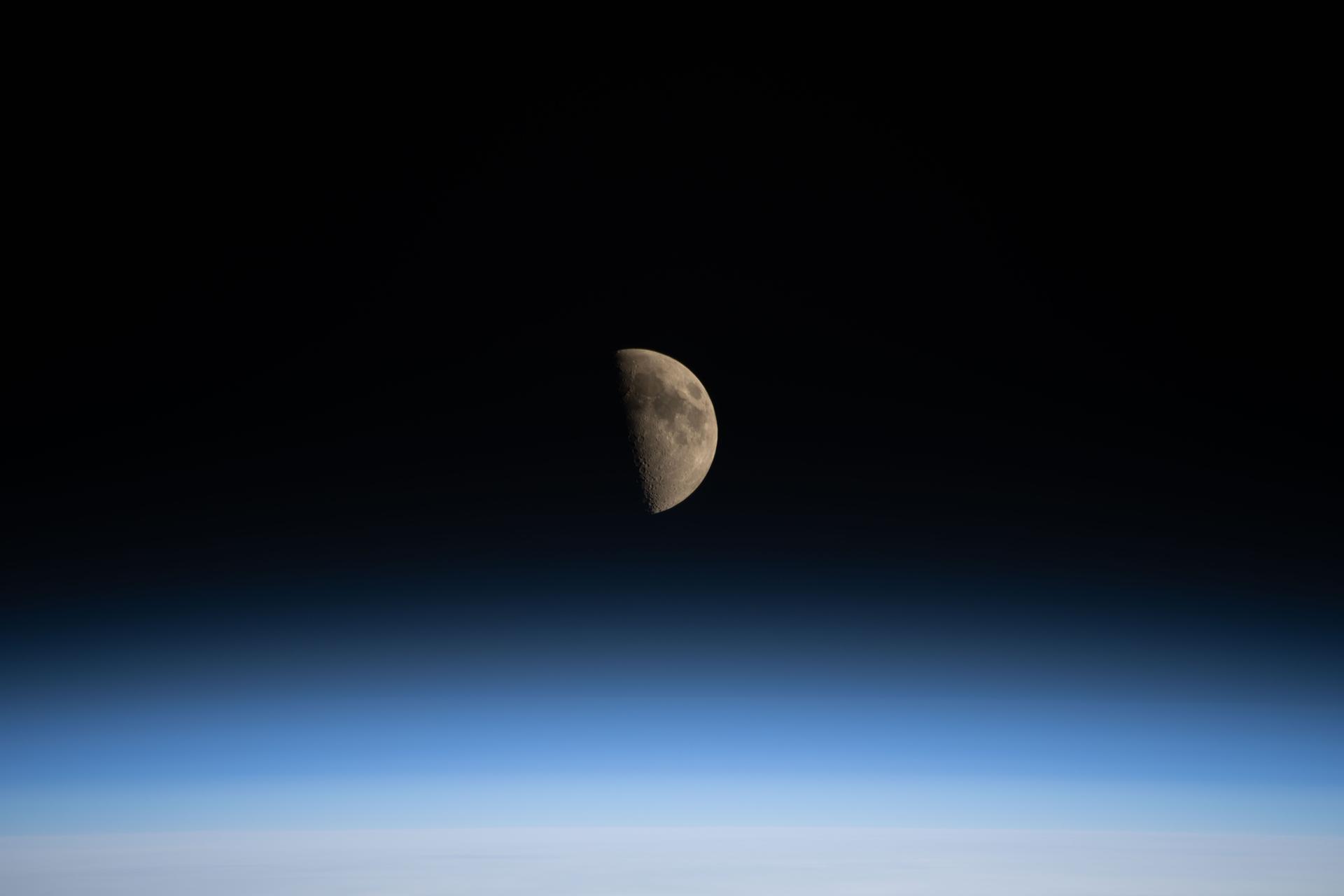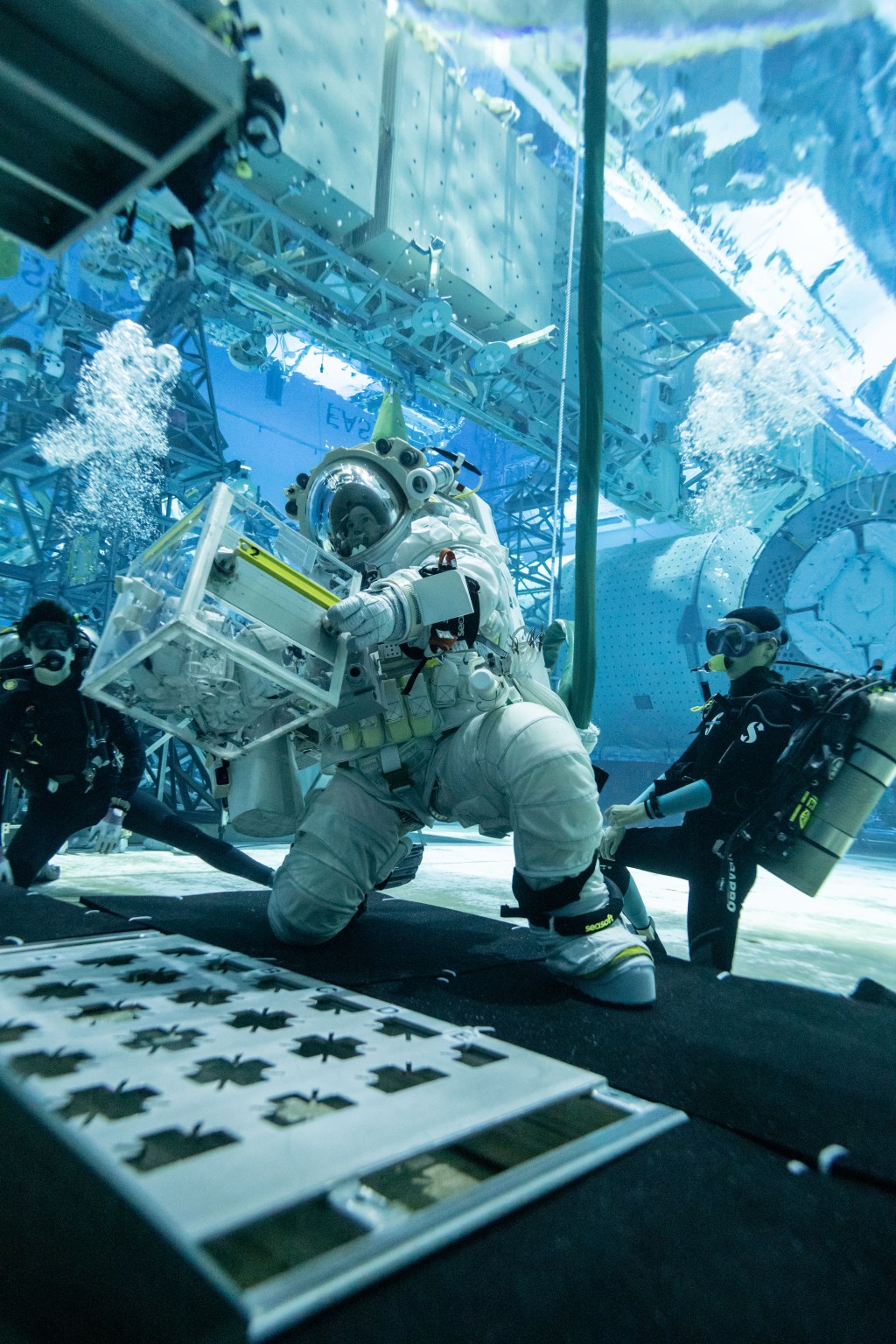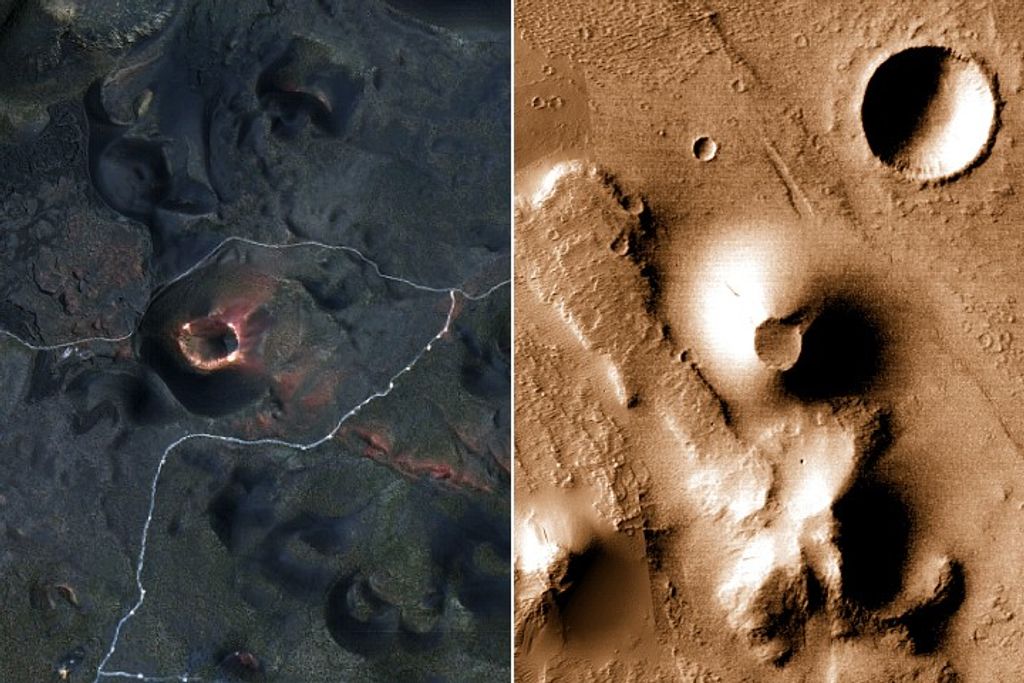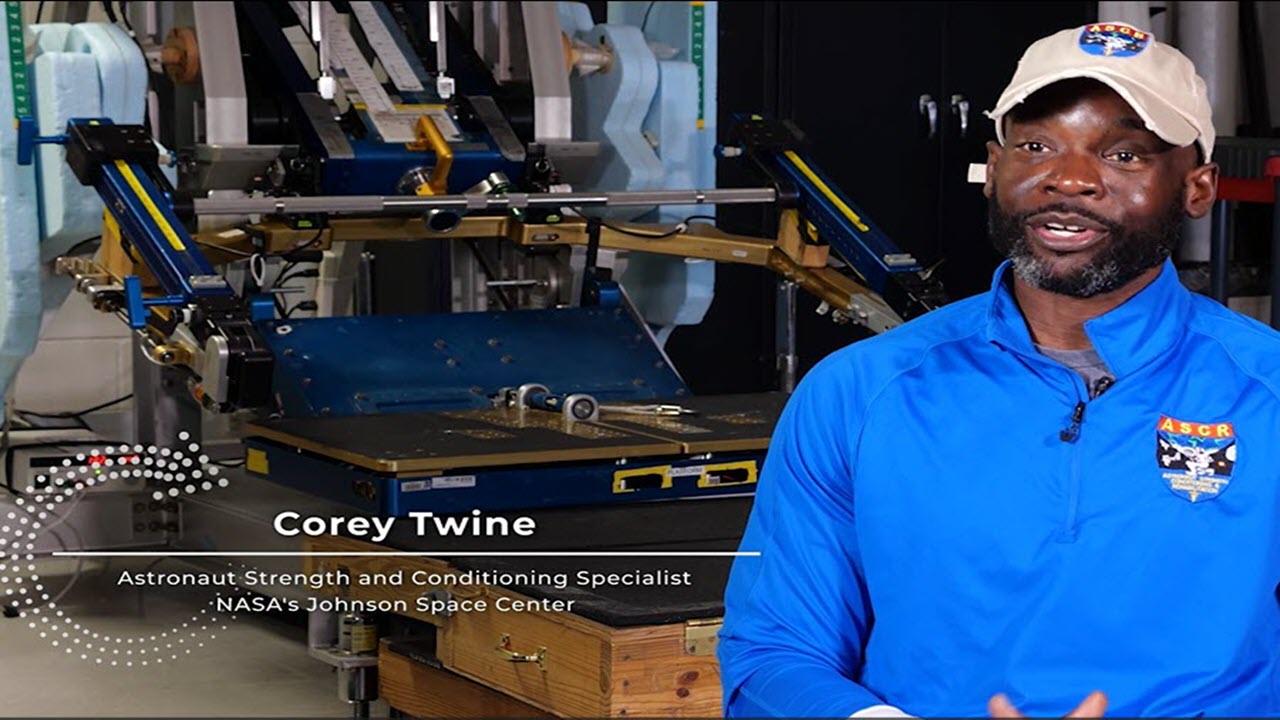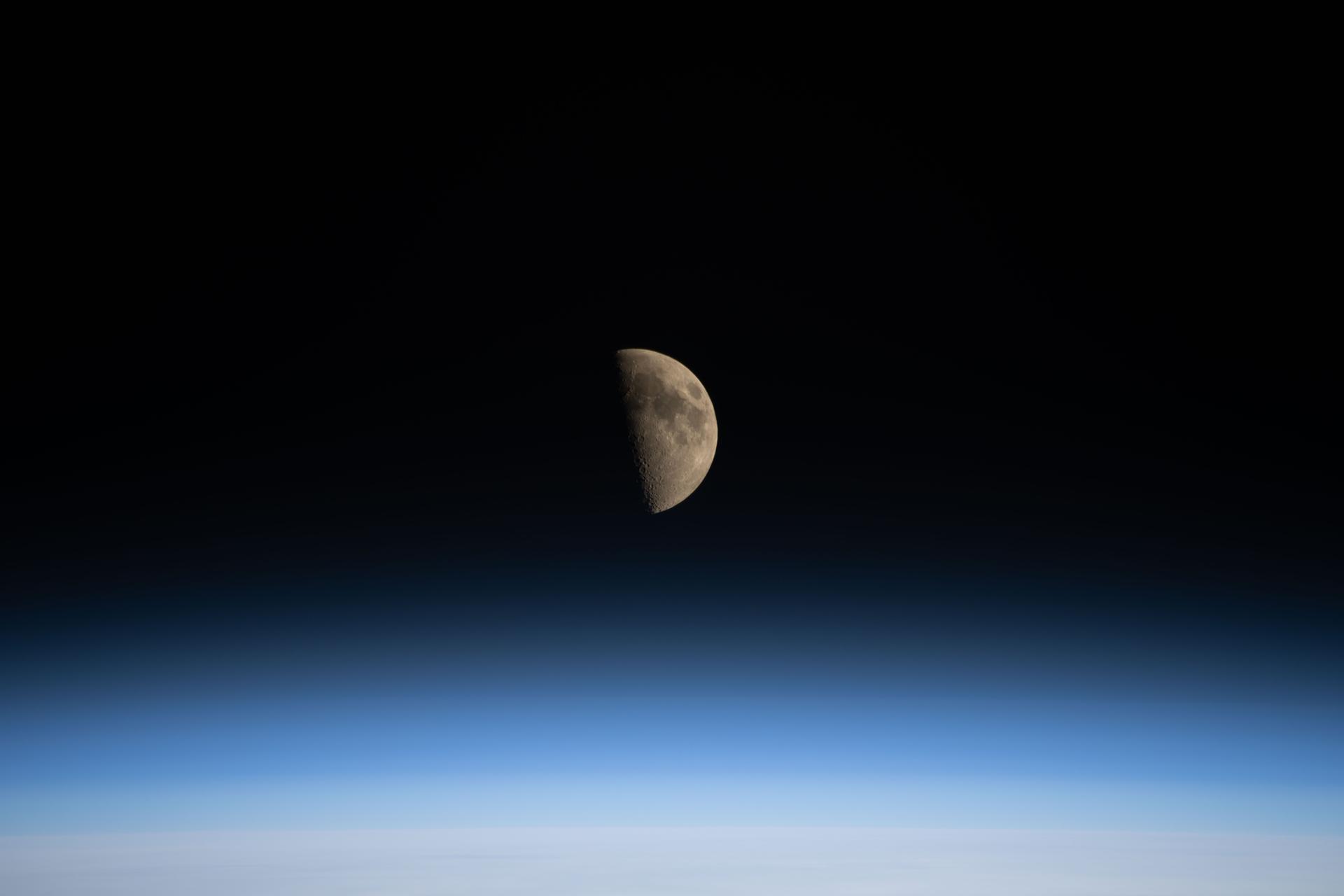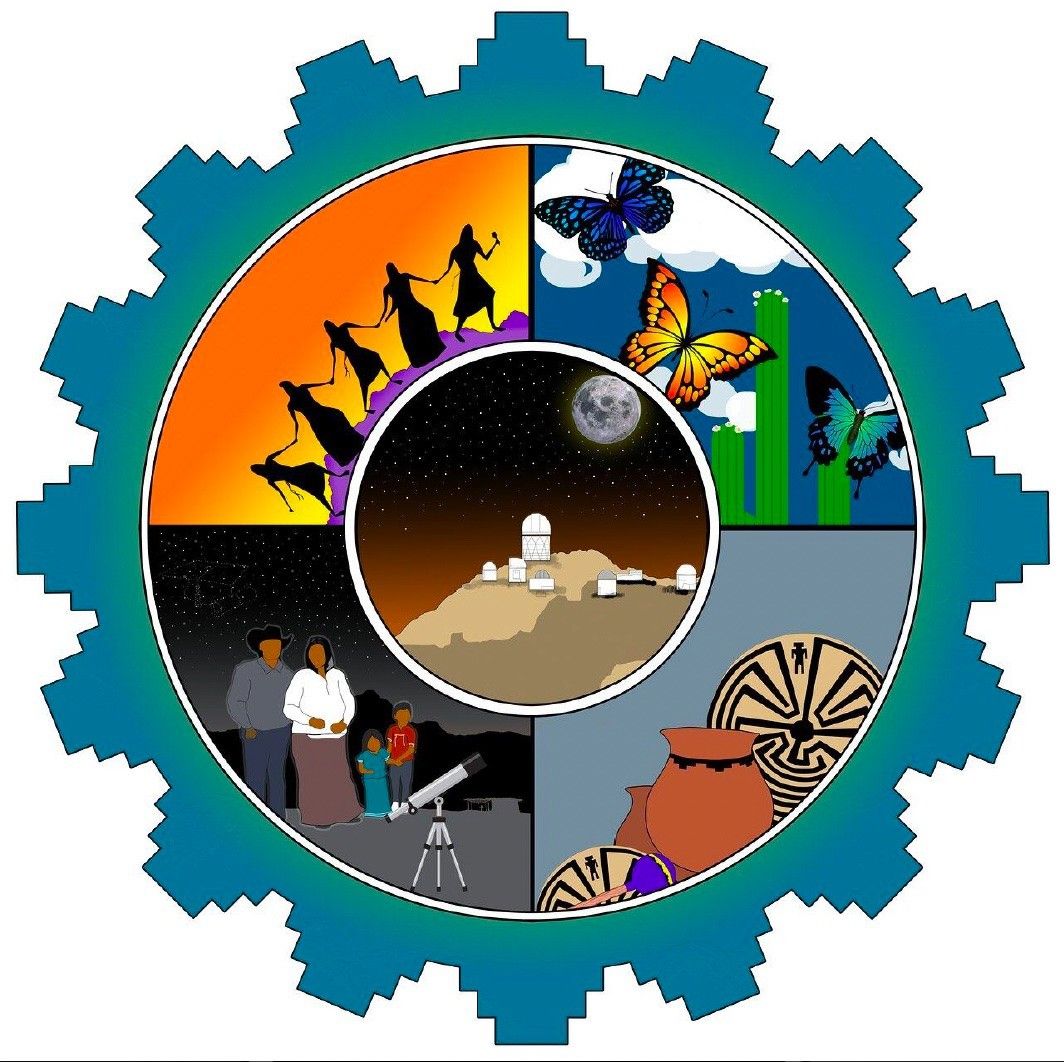The NASA Science Activation program's NASA eClips project, led by the National Institute of Aerospace (NIA), aims to increase Science, Technology, Engineering, & Mathematics (STEM) literacy and inspire the next generation of engineers and scientists by providing effective web-based, standards-aligned, in-school and out-of-school learning and teaching resources through the lens of NASA.
As a part of this work, NASA eClips professionally produces the Ask SME: Close-up With a NASA Subject Matter Expert video series to capture a glimpse of NASA SME's personal interests and career journeys. Each video can be used to spark student interest and broaden their ideas of who the Science, Technology, Engineering, and Mathematics (STEM) workforce might include (everyone!) and the kinds of work they do.
On September 19, 2024, NASA eClips released the most recent video in the Ask SME series, featuring Corey Twine from NASA’s Johnson Space Center. Twine is an Astronaut Strength and Conditioning Specialist who works with astronauts to keep them physically fit for work on Earth and while they are in space. He shares insights about how he helps the astronauts and what inspired him to pursue this career.
NASA eClips is supported by NASA under cooperative agreement award number NNX16AB91A and is part of NASA’s Science Activation Portfolio. Learn more about how Science Activation connects NASA science experts, real content, and experiences with community leaders to do science in ways that activate minds and promote deeper understanding of our world and beyond: https://science.nasa.gov/learn

